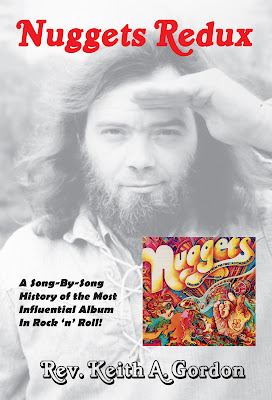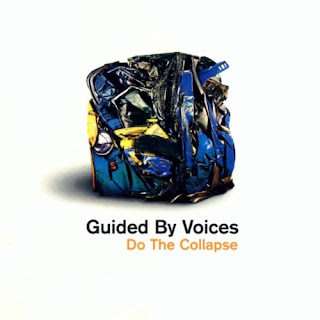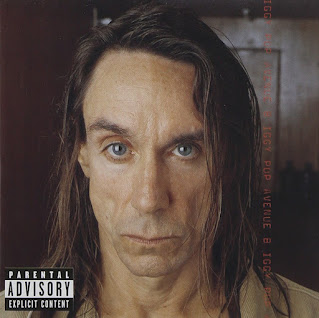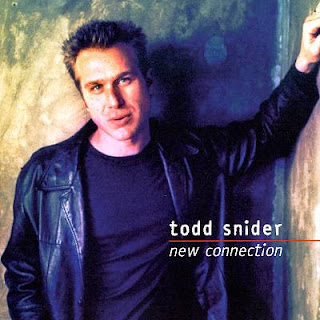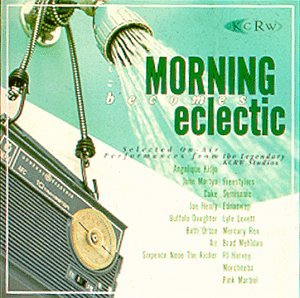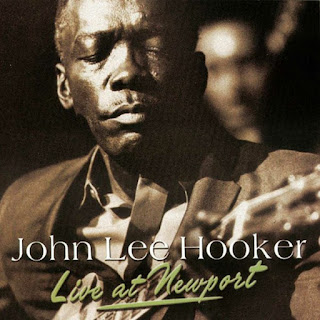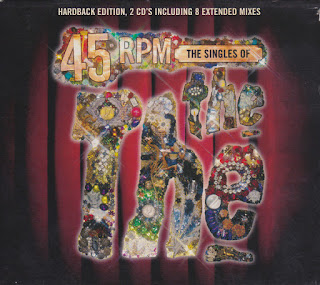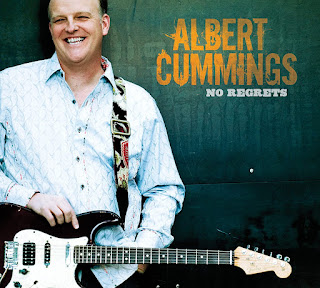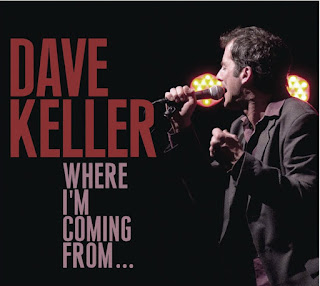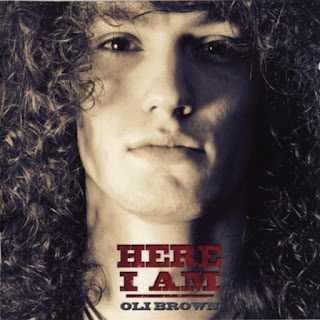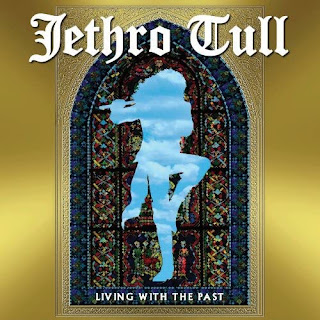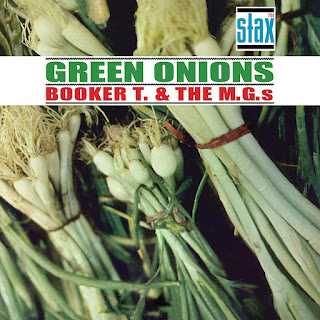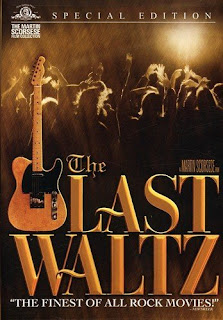Reviews originally published as a “Blues Bites” column in October 2012 for the About Blues website… Albert Cummings – No RegretsGuitarist Albert Cummings launched his career at the turn of the century as a Steve Ray Vaughan-styled fretburner, even going so far as to record his sophomore album, 2003’s
From the Heart, with the members of Vaughan’s Double Trouble band. Since that time, Cummings delivered three well-received albums for Blind Pig Records and has shared a stage with such heavyweights as Charlie Musselwhite, Tommy Castro, Duke Robillard, and Chris Duarte, among others. This experience has proven invaluable, Cummings developing a voice and creative vocabulary all his own – definitely blues-based but with elements of rock and country creeping in around the edges.
No Regrets is Cummings’ latest, a follow-up to his 2008 live release
Feel So Good and his first studio collection since 2006’s
Working Man album. To say that Cummings was ready to blow up the studio would be an understatement, the guitarist working up an invigorating brace of original songs for
No Regrets that both explore his love of blues and roots music as well as serve as an excellent showcase for his underrated six-string skills.
No Regrets opens with the Southern-fried rocker “Glass House,” a traditional love-gone-wrong blues tune with soulful undertones, a slippery groove, and Cummings’ twangy, wiry fretwork, which takes Duane Allman one step further. On the flip-side of the coin you have “Eye To Eye,” a deep, moody, introspective tune that allows Cummings to cut loose with emotionally-powerful blues licks that will elicit squeals of joy from any guitar-lovin’ fool like yours truly. The extended solo that leads out of the song is enough to put one in a coma of joy.
By contrast, “Checkered Flag” is the sort of raucous, guitar-driven, poop-puntin’ honky-tonk rave-up that Nashville has long since forgotten how to create. Cummings’ band paves the road with an infectious groove wide enough to drive an eighteen-wheeler right down the middle while pianist Rick Steff lays down a Lower Broadway key-pounding that would bring a smile to Jerry Lee Lewis’ face as Cummings embroiders the song with spirited guitarplay. A cover of the Willie Dixon classic “Mannish Boy” tilts closer to Muddy Waters than Bo Diddley, the song’s muscular rhythm paling in comparison to Cummings’ monster blues-rock riffs and flamethrower solos.
No Regrets closes out with the introspective “Home Town,” a simply delightful ballad that features Steff’s piano running beneath Cummings’ heartfelt vocals. If most of the album showcases Cummings’ enormous guitar skills, this closing number offers proof of his abilities as both a singer and songwriter.
No Regrets is the real deal, rootsier, perhaps, than some hardcore blues fans may like, but chockful of good singin’ and playin’ and well-written songs – what more could you want?
Grade: B+ (Ivy Music, released August 28, 2012)
Dave Keller – Where I’m Coming From...This one seems to have fallen through the cracks, and maybe I should be kicking myself for taking almost a year to review this fine disc, but if you’re a soul-blues fan and haven’t heard Dave Keller’s
Where I’m Coming From… then maybe we should swap boot prints together. A solid talent on the guitar and an extraordinary singer, Keller learned his chops from folks like Mighty Sam McClain, Otis Clay, and Fontella Bass, and when guitarist Ronnie Earl wanted a singer for his
Living In the Light album, he turned to Keller.
The follow-up to 2009’s excellent
Play For Love album, Keller’s
Where I’m Coming From… is an inspired set of soul covers performed as only this blue-eyed devil could perform. Unlike other albums in this vein, Keller has deliberately gone with quality over familiarity, the result being an eclectic collection of material from some of soul music’s lesser-known but definitely no-less-talented artists.
Where I’m Coming From… opens with a little Southern soul from the great Bobby Womack, Keller backed by a full R&B styled band, including horns, for a divine reading of the song. As Keller’s vocals plead and moan and cry, the horns roll in the background and his tasteful guitar notes frame the lyrics as the song eventually descends into an emotional funk with blasts of sax blowing our way out...
Songwriter George Jackson penned hits for everybody from R&B greats Clarence Carter and Z.Z. Hill to rocker Bob Seger, but I don’t think that he ever wrote anything as joyously entertaining as “If I Ever Got You Back,” as classic slice of 1960s-era soul as your ears will ever experience. Keller does the song justice, bringing just the right amount of light and energy to his performance, bringing emotion to bear where needed, imbuing the groove with hope and desire. Keller tackles another Jackson song, the Clarence Carter hit “Too Weak To Fight,” with equal aplomb, bringing a weary wistfulness to the lyrics.
J.J. Barnes’ “Baby Please Come Home” is a mournful R&B gem that sounds like the Four Tops if they’d been recorded in Memphis instead of Motown, while underrated Muscle Shoals songwriter Donnie Fritts is represented by Arthur Alexander’s heartbroken “If It’s Really Got To Be This Way,” Keller channeling as many forlorn tears as the original with a stunning, inspired performance that is enhanced by his understated, elegant fretwork.
Where I’m Coming From… is exactly that, an R&B family tree, as it were, of Dave Keller’s influences and idols, every performance coming direct from the heart and delivered from the singer to your ears. Recommended…
Grade: A- (Tastee-Tone Records, released October 25, 2011)
Oli Brown – Here I AmOli Brown is the latest in a long line of British blues guitarists to pick up the torch from Eric Clapton and Peter Green and put a definite English spin on the ol’ Stevie Ray sound. Brown is younger than most of ‘em, but older than some others, with experience that includes tours with Johnny Winter and Walter Trout.
With Here I Am, his third album, Brown works to further develop his own sound and distance himself from the glut of fellow SRV clones swaggering across the continent.
Brown is a self-aware sort, more than I can say for some of his peers, so much so that in the album’s title track he confidently – or maybe defiantly – declares “here I am with a new intention, be just who I want to be, a little change wouldn’t do any harm, so I’m going to take a chance and see, ‘though I’m not hiding from anything else, ain’t trying to be no Jimi or Stevie, I want to be my goddamn self.” Ironically, Brown delivers this screed above a fractured soundtrack that is more Jimmy Page and Led Zeppelin than the guitarist may be comfortable in admitting, but there’s no denying that the song rocks with hard, bluesy fretwork and strong vocals riding high above a heavy, John Bonham-styled percussive drumbeat.
The blues-rock blueprint of much of the rest of
Here I Am is similarly familiar, although Brown does layer some of his own personality atop the styles he’s clearly nicking from other artists. He boogies like Stevie Ray on “Thinking About Her,” adding a jazzy bent to the hard-edged solo but riffing like early Vaughan above a shuffling rhythm, while the Chuck Berry via Keith Richards licks clearing rise above the Rolling Stones-styled “Start It Again.” Brown is much better as a stylist interpreting the work of others, as he does with a solid cover of Al Kooper’s Blood, Sweat & Tears classic “I Love You More Than You’ll Ever Know.” Although Brown’s vocals lack the subtle shading of Kooper’s weary voice, he does a fine job in capturing the melancholy vibe and dark emotion of the original, adding in subtle touches of guitar that seduce rather than bludgeon the listener.
Overall, Brown is a talented guitarist and fair-to-middlin’ lyricist that still relies too much on his influences and not enough on his own vision. He’s barely of drinking age, though, and has a lot of life ahead of him. With a little more seasoning, maybe record a few more inspired cover tunes like the aforementioned B,S&T for flavor, and maybe the doors of perception will open and we’ll see the real Oli Brown.
Grade: C+ (Ruf Records, released June 12, 2012)

